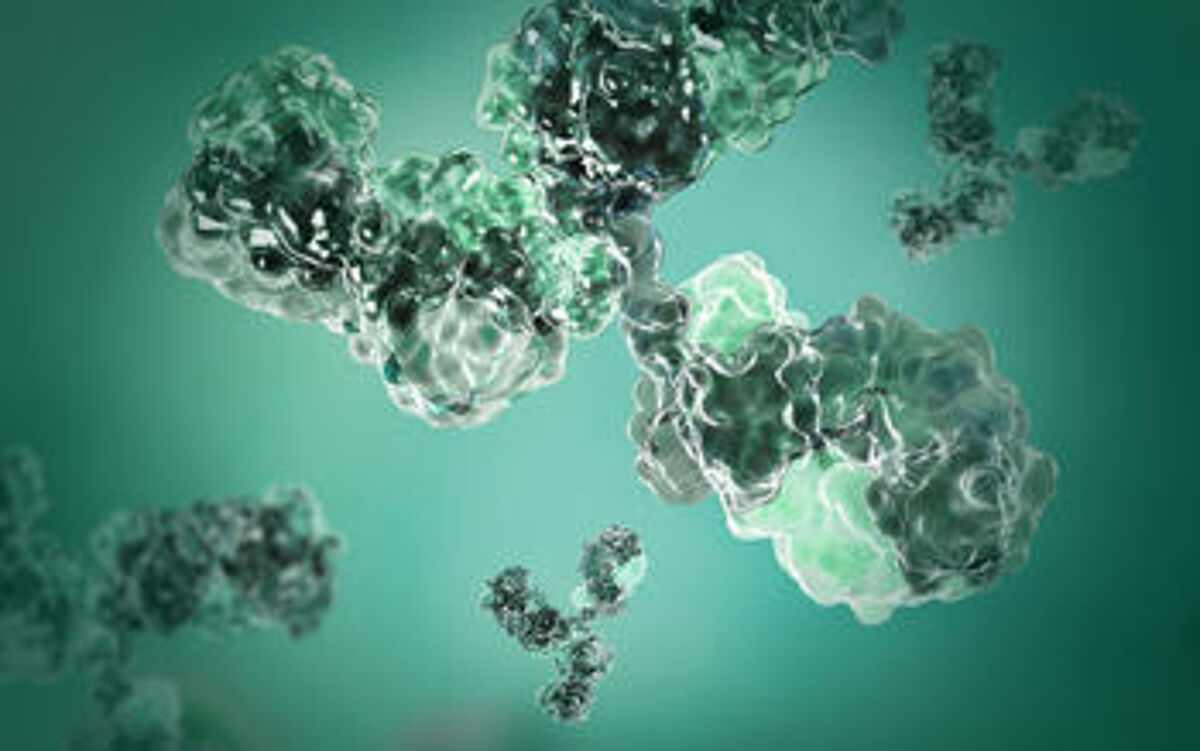Protein Reagents: Essential Resources Driving Innovation in Biological Research
Wiki Article

Protein reagents have become indispensable tools across countless areas of biological and biochemical research. These specialized materials support scientists in exploring the complex mechanisms of life, from cellular communication to metabolic pathways. As scientific inquiries grow more advanced, the demand for high-quality protein reagents continues to rise, reinforcing their critical role in laboratory experiments, diagnostics, and therapeutic development.
Understanding Protein Reagents
Protein reagents are purified proteins, engineered proteins, or protein-based substances used to facilitate, measure, or manipulate biological processes during scientific investigation. These reagents include enzymes, antibodies, cytokines, growth factors, and binding proteins that interact with specific biomolecules. Their purpose ranges from catalyzing reactions to detecting molecular targets, making them central to nearly every branch of modern biology.
The Role of Protein Reagents in Research
The central importance of protein reagents lies in their biological relevance. Proteins are fundamental components of living organisms, responsible for communication, structure, metabolism, and defense. Using protein reagents allows researchers to replicate or stimulate natural interactions within controlled environments. Whether studying enzyme activity, monitoring cell signaling, or identifying disease markers, scientists depend on protein reagents to generate accurate and meaningful data.
Applications of Protein Reagents in Modern Science
Protein reagents contribute to a wide spectrum of experimental techniques. Enzymatic reagents support applications such as DNA manipulation, PCR amplification, substrate breakdown, and cellular assays. Antibody-based reagents enable the detection of specific proteins in diagnostic tests, immunohistochemistry, Western blotting, and flow cytometry. Growth factors and cytokines guide cell culture studies by influencing cell behavior. Structural biology, drug discovery, immunology, and biotechnology all rely on protein reagents to uncover new insights and accelerate breakthroughs.
Categories and Types of Protein Reagents
Protein reagents come in numerous forms designed to support different scientific goals. Enzymes act as catalysts in biochemical reactions, often accelerating essential laboratory procedures. Antibodies provide selective recognition of target proteins, aiding identification and isolation. Recombinant proteins are engineered for enhanced purity, stability, and functionality. Cytokines and growth factors regulate cell growth and immune responses. Reporter proteins assist in visualizing molecular activity, offering valuable clues about cellular behavior. Each category contributes uniquely to scientific progress.
Advantages of Using High-Quality Protein Reagents
High-quality protein reagents offer researchers greater precision, sensitivity, and reproducibility. These reagents are produced under strict quality controls to ensure proper folding, purity, and activity. As a result, they minimize experimental variability and provide dependable outcomes. In fields such as medical diagnostics or therapeutic development, where accuracy is crucial, premium protein reagents help maintain the integrity and reliability of results.
Protein Reagents in Diagnostics and Therapeutics
Beyond laboratory research, protein reagents have transformed diagnostic medicine and therapeutic innovation. Diagnostic kits rely heavily on protein reagents, particularly antibodies, to detect pathogens, biomarkers, or immune responses. In therapeutics, engineered proteins and monoclonal antibodies serve as treatments for autoimmune diseases, cancers, and viral infections. These protein-based therapies work by targeting specific biological pathways, offering more effective and personalized medical solutions.
Future Developments in Protein Reagent Technology
Advances in biotechnology promise to further enhance the capabilities of protein reagents. Emerging techniques in protein engineering, artificial intelligence-driven design, and structural modeling are enabling the creation of more stable, potent, and customizable proteins. Automation and high-throughput systems are expanding production efficiency, while novel expression technologies are improving scalability and reducing costs. These innovations will make protein reagents even more accessible and effective in supporting cutting-edge scientific discovery.
Conclusion
Protein reagents serve as foundational elements in the study of biological systems, offering the precision and functionality required to explore life at the molecular level. Their broad applications, from diagnostics to therapeutic development, highlight their essential role in advancing science and medicine. As technology continues to evolve, protein reagents will remain crucial contributors to research breakthroughs, enabling scientists to push the boundaries of knowledge and improve human health.
Report this wiki page